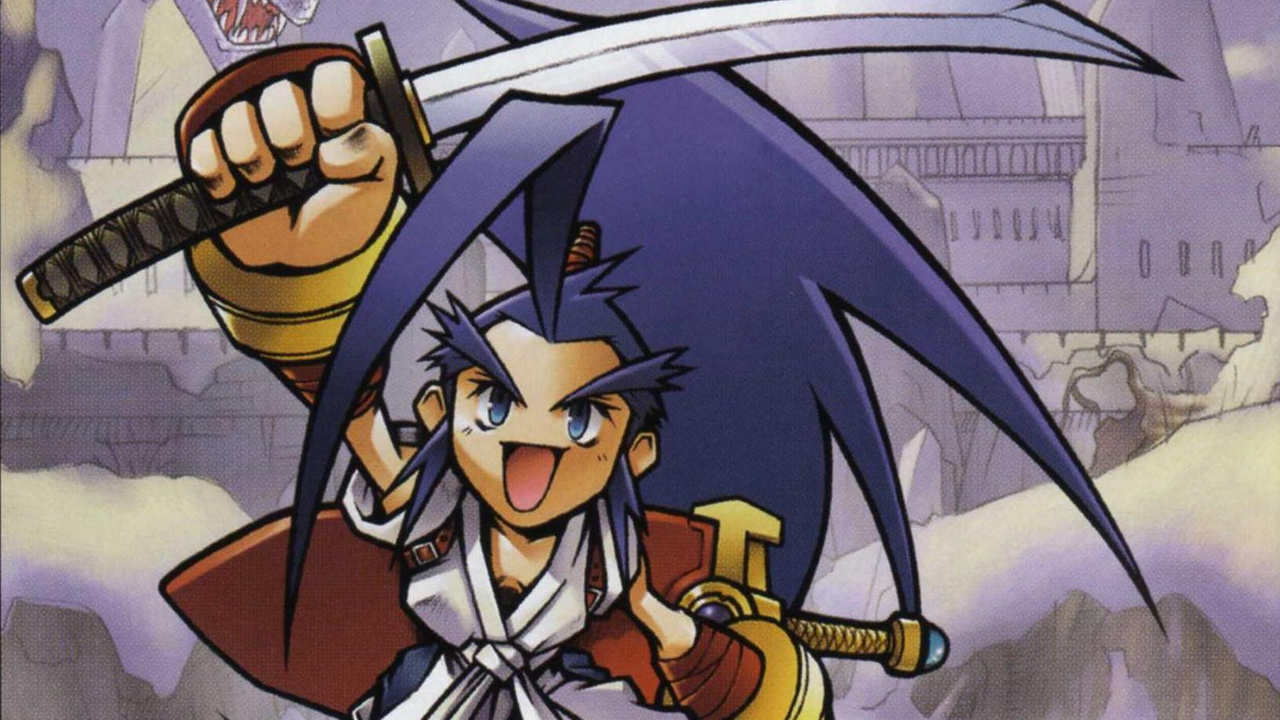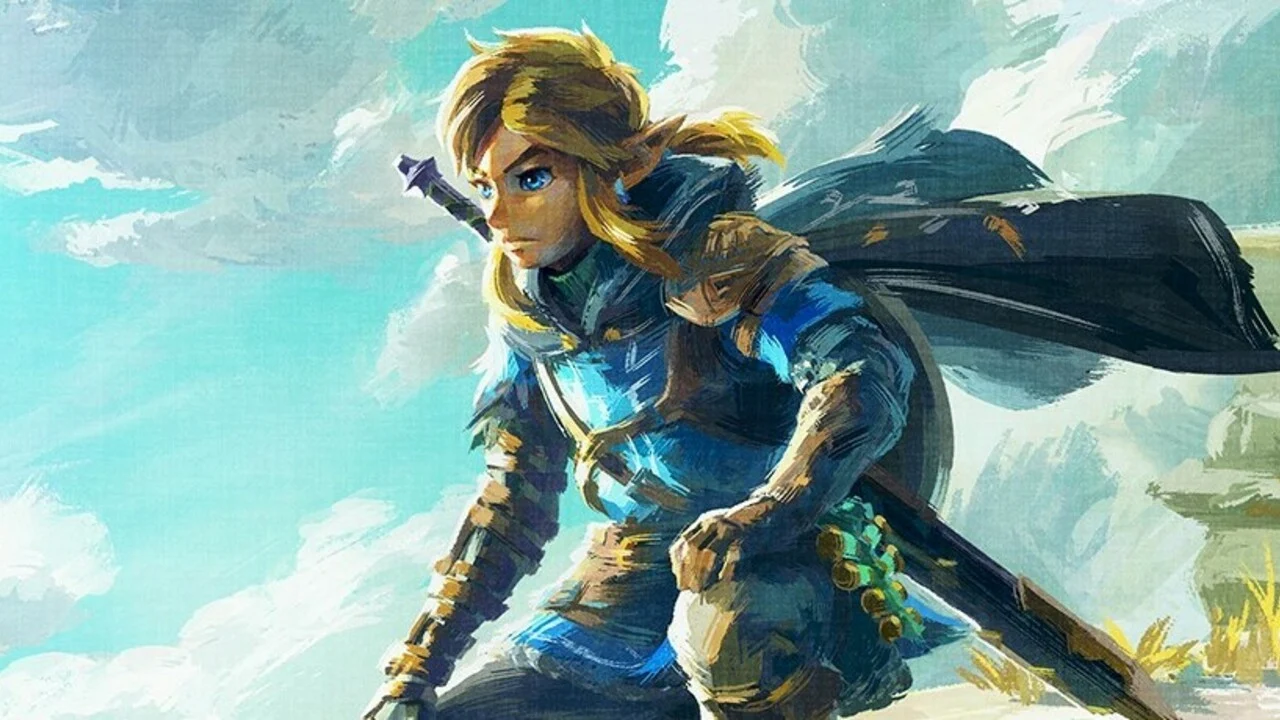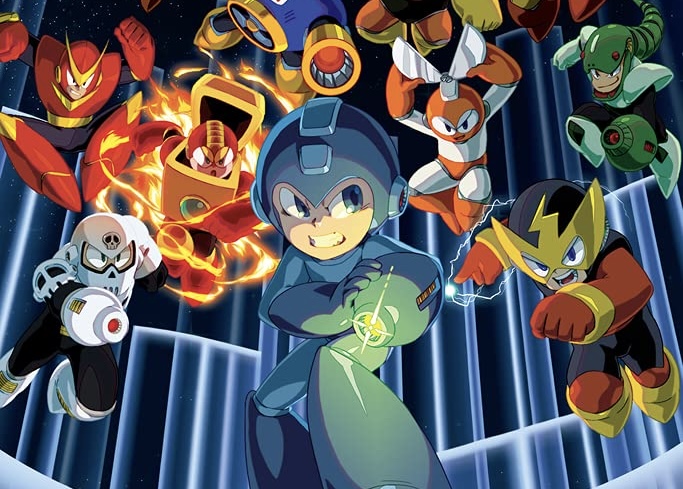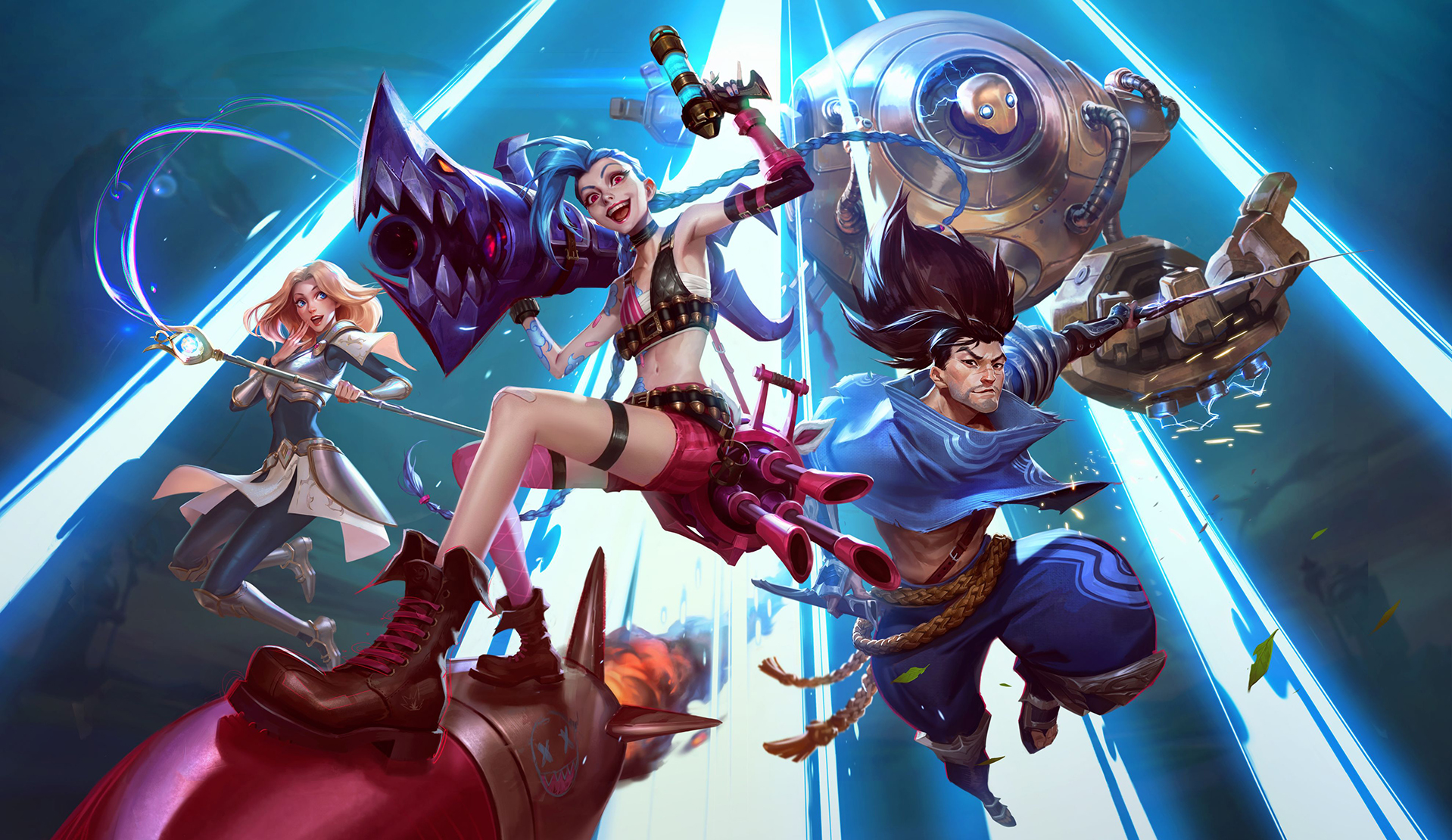In the vast realm of video game classics, some gems tend to sparkle quietly in the shadows, waiting for the discerning eye to discover their brilliance. One such overlooked masterpiece is Brave Fencer Musashi, a game that emerged during the golden age of the original PlayStation. Despite its undeniable charm, innovative gameplay, and captivating narrative, Brave Fencer Musashi often finds itself relegated to the status of a hidden gem. Let’s embark on a journey through the world of Allucaneet Kingdom and explore why this game deserves far more recognition than it has received.
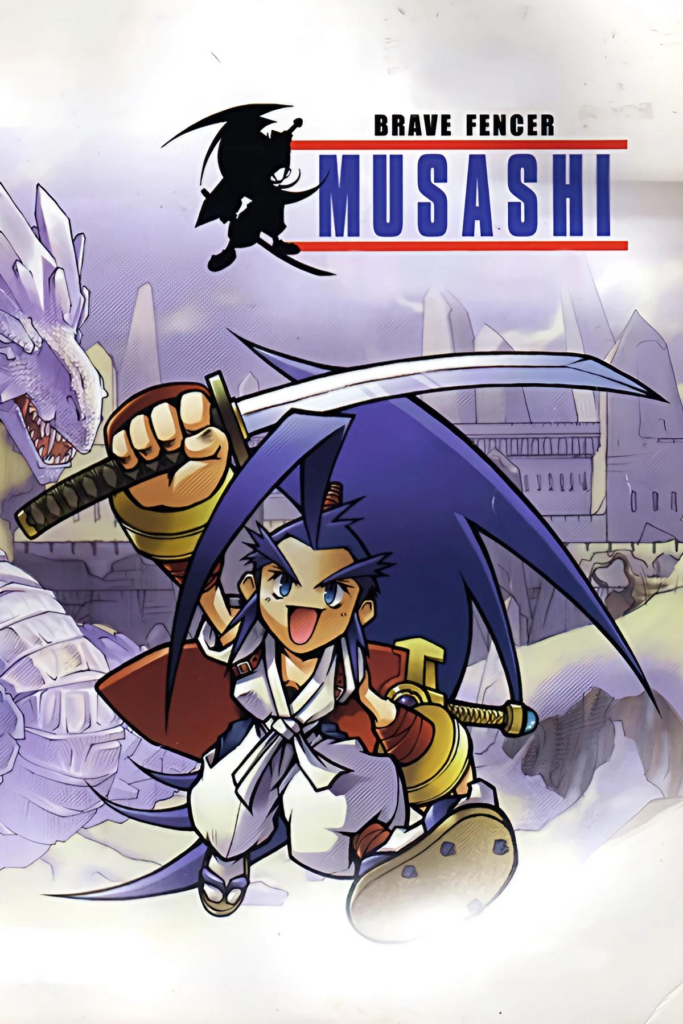
Released in 1998 by Square (now Square Enix), Brave Fencer Musashi unfolds a tale of bravery, adventure, and a reluctant hero named Musashi. The game kicks off with a cinematic spectacle as the Sky Scroll, a sacred relic, is stolen by the malevolent Thirstquencher Empire. Enter Musashi, a cocky and diminutive swordsman summoned from the pages of legend to thwart the Empire’s dastardly plans.
The initial impression might be that of a typical hero’s journey, but Brave Fencer Musashi goes beyond the surface, infusing the narrative with humor, wit, and unexpected twists. Musashi’s quest to rescue captured townsfolk, retrieve elemental scrolls, and ultimately save the world unfolds with a delightful blend of charm and complexity.

One of the game’s standout features is its innovative day-night system, a rarity for its time. As Musashi embarks on his quest, time progresses, affecting both the world around him and the gameplay mechanics. Shops open and close, characters follow daily routines, and certain quests become available only at specific times. This dynamic element adds depth and immersion, making Allucaneet Kingdom feel like a living, breathing world.
The day-night system is not merely cosmetic; it’s a fundamental aspect of gameplay. Musashi must efficiently manage his time, completing tasks within the allotted hours. This adds an extra layer of strategy, as players must prioritize objectives, decide when to engage in side quests, and plan for encounters with formidable foes. The ticking clock creates a sense of urgency, enhancing the overall gaming experience.
In Allucaneet Kingdom, the non-playable characters (NPCs) are not mere placeholders; they’re individuals with their own lives, routines, and stories. Musashi can engage with these characters, learning about their aspirations, challenges, and even helping them overcome personal obstacles. The depth of NPC interactions contributes to the game’s immersive quality, making the world feel rich and interconnected.

Brave Fencer Musashi seamlessly blends action-adventure gameplay with platforming elements. Musashi’s acrobatic abilities, including double jumps and wall runs, bring a three-dimensional dynamism to the game. The platforming challenges are not mere obstacles; they’re integral to exploration and puzzle-solving. This aspect of the gameplay showcases the developers’ commitment to delivering a multifaceted and engaging experience.
At the heart of Musashi’s combat prowess lies the innovative Fusion system. Throughout the game, Musashi acquires different swords, each with its unique abilities. The brilliance lies in Musashi’s ability to absorb enemy abilities and fuse them with his swords, creating a versatile arsenal. This system encourages experimentation and strategy, allowing players to tailor Musashi’s abilities to their preferred playstyle.
Beyond its gameplay innovations, Brave Fencer Musashi distinguishes itself through its memorable cast of characters and a healthy dose of humor. From the flamboyant Grillin, the self-proclaimed “Lumina, Mystical Ninja,” to the lovable Kojiro, Musashi’s witty sidekick, each character contributes to the game’s whimsical atmosphere. The dialogue is peppered with humor, cultural references, and clever writing, elevating the overall experience.
Despite its undeniable brilliance, Brave Fencer Musashi never quite received the widespread recognition it deserved. It operated in the shadows of other major titles of its time, often overlooked in discussions of iconic PlayStation games. However, its influence can be detected in subsequent titles, particularly in the action-adventure genre. The day-night system’s impact can be seen in later games that experimented with dynamic time progression, while the Fusion system’s versatility inspired similar mechanics in subsequent RPGs.
As time marches on, Brave Fencer Musashi remains a beacon of creativity and innovation in the world of video games. Its underrated status is not a reflection of its quality but rather a consequence of the crowded landscape in which it emerged. For those fortunate enough to have experienced the magic of Allucaneet Kingdom, the memories of Musashi’s quest, the quirky characters, and the inventive gameplay endure as a testament to the game’s enduring legacy.
It’s time to unsheathe the hidden gem, let its brilliance shine, and revive the legend of Brave Fencer Musashi. Whether you’re a veteran of the PlayStation era or a newcomer to the world of Allucaneet, this game invites you to embark on an adventure that transcends time, proving that true classics never fade—they only wait for the right moment to be rediscovered.

